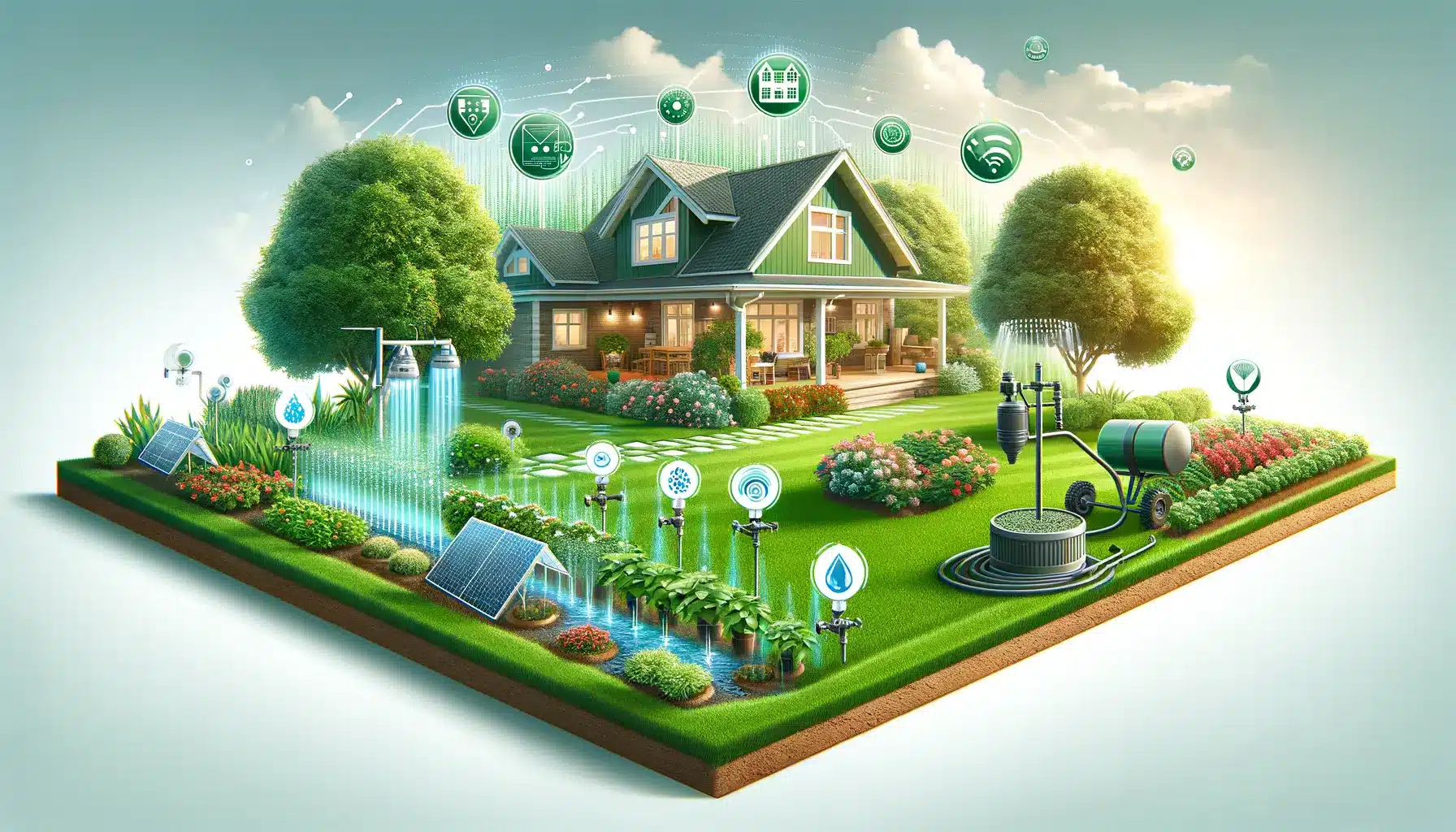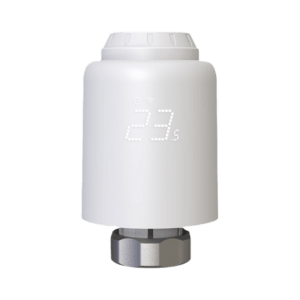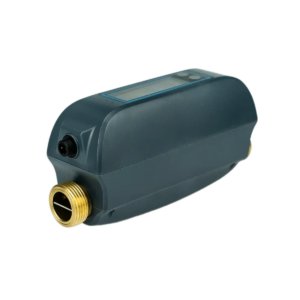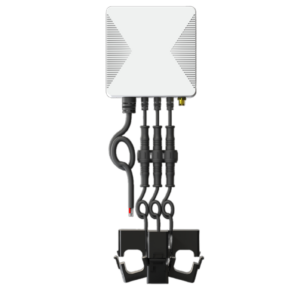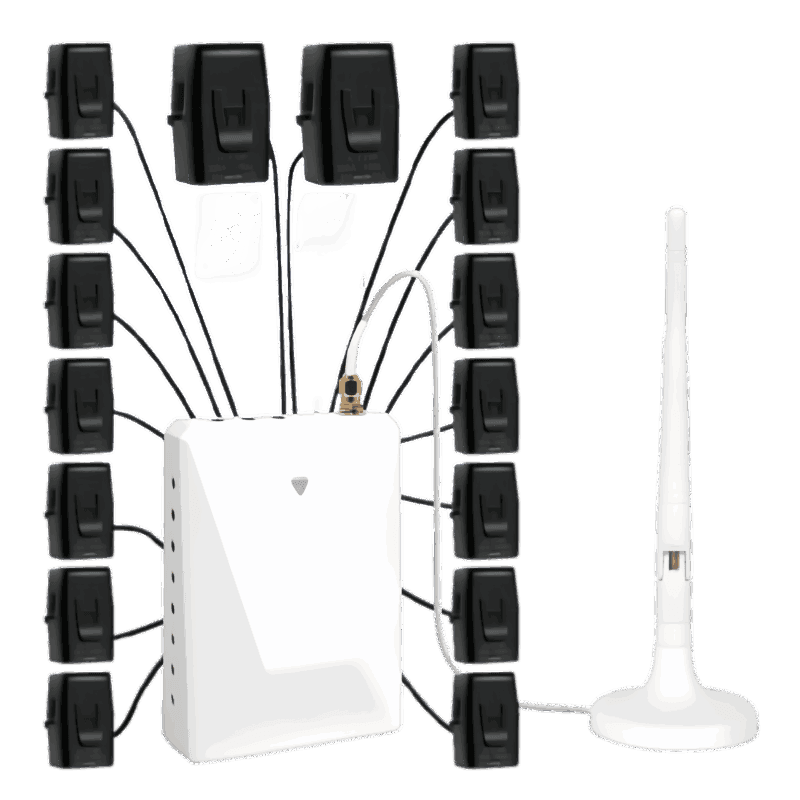Homeowners treasure their lawns and gardens for the beauty and tranquility they provide. However, maintaining these green spaces often involves irrigation practices that can lead to substantial water wastage through leaks or simply forgetting to turn off the tap. Addressing these issues is not only crucial for conserving water resources but also for safeguarding the environment and reducing household expenses. This blog explores common irrigation challenges and introduces technological solutions that can revolutionize the way homeowners manage their lawn and garden watering.
Common Irrigation System Issues
Leaks: The Silent Water Thieves
Leaks in irrigation systems can go unnoticed for long periods, silently contributing to significant water loss. Whether due to wear and tear, improper installation, or damage, these leaks can inflate water bills and deplete valuable water resources.
Forgetting to Turn Off Water: A Common Oversight
Manual irrigation systems rely on the homeowner to turn the water on and off. This reliance often leads to overwatering or, worse, water being left on for hours or even days if forgotten, leading to excessive water use and potential flooding.
Overwatering: The Hidden Harm
Beyond the waste of water, overwatering can harm plant health, encouraging root rot, and reducing oxygen availability in the soil. It can also contribute to nutrient runoff, affecting local waterways and ecosystems.
Technological Solutions for Better Management with Smart Gardening
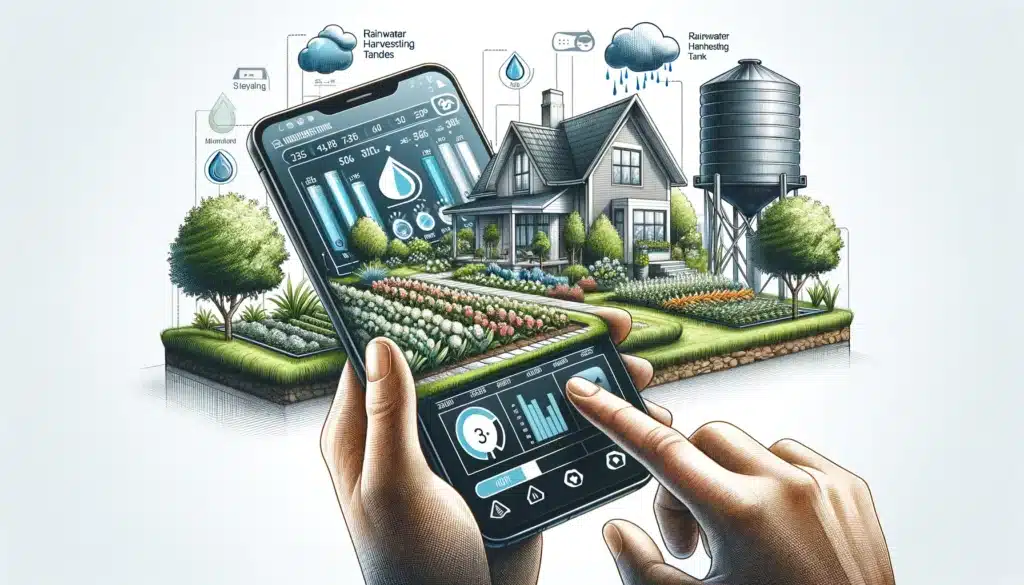
Smart Irrigation Controllers: The Brain of Your Garden
Smart irrigation controllers are revolutionizing garden care. By integrating with local weather forecasts and adjusting watering schedules based on actual weather conditions and soil moisture levels, these IoT-enabled devices ensure that your lawn and garden receive the right amount of water at the right time, reducing waste and saving money.
Soil Moisture Sensors: Precision Watering
Soil moisture sensors provide real-time data on the water content of your soil, allowing irrigation systems to water only when necessary. This targeted watering approach prevents overwatering, conserves water, and maintains optimal soil moisture levels for plant health.
Leak Detection Systems: Early Warning for Timely Action
Innovative leak detection systems can identify even the smallest leaks in your irrigation system. By alerting homeowners early, these systems allow for prompt repairs, preventing water loss and potential damage to your lawn and garden.
Mobile App Monitoring: Control at Your Fingertips
Many modern irrigation technologies come with mobile apps that offer remote monitoring and control of your irrigation system. Whether you're at home or away, you can adjust schedules, turn the water on or off, and receive alerts about potential issues, all from your smartphone.
Implementing Conservation Strategies
Routine Checks: The First Line of Defense
Regular inspections of your irrigation system are essential for identifying and addressing leaks, blockages, or wear and tear. Seasonal check-ups and adjustments can ensure your system operates efficiently year-round.
Regular Maintenance: Keeping Your System in Top Shape
Maintaining your irrigation system, including cleaning filters, checking sprinkler head alignment, and replacing damaged components, can significantly enhance its efficiency and longevity. Proper maintenance also ensures that water is distributed evenly and effectively across your lawn and garden.
Renewable Energy Sources: Powering Your Irrigation Sustainably
For those looking to further reduce their environmental impact, powering irrigation systems with renewable energy sources, such as solar panels, can offer a sustainable and cost-effective solution. Solar-powered irrigation systems can operate independently of the grid, harnessing the sun's energy to water your garden without contributing to your electric bill.
Advanced Tips for Lawn and Garden Owners
Landscaping Considerations for Reduced Water Use
Thoughtful landscaping can significantly impact water conservation. Choosing native or drought-resistant plants can drastically reduce water needs. Additionally, mulching around plants retains moisture in the soil, decreasing evaporation and the frequency of irrigation needed.
Optimizing Sprinkler Placement and Timing
Positioning sprinklers to avoid watering non-vegetative areas such as sidewalks or driveways can prevent water wastage. Watering in the early morning or late evening reduces evaporation losses, ensuring water reaches the roots where it's needed most.
Adapting Irrigation Based on Seasonal Needs
Adjusting your irrigation schedules with the changing seasons is crucial. Plants typically require less water in cooler months. By customizing watering schedules, you can ensure your lawn and garden receive adequate hydration without excess.
Implementing Water Conservation Measures
Rainwater Harvesting Systems
Integrating rainwater harvesting into your irrigation system can provide an eco-friendly water source for your lawn and garden. Collecting rainwater reduces reliance on municipal water supplies and makes use of a free and sustainable resource.
Implementing Drip Irrigation
Drip irrigation systems deliver water directly to the base of plants, minimizing losses to evaporation and runoff. This targeted approach to watering is highly efficient, promoting healthy plant growth by supplying water precisely where it's needed.
The Role of Technology in Sustainable Irrigation
Incorporating technology into irrigation practices not only streamlines the management of your lawn and garden but also significantly contributes to environmental conservation. Smart irrigation systems, equipped with sensors and mobile connectivity, allow for precise control over water use, reducing wastage and promoting sustainability.
The management of home lawns and gardens presents an opportunity to contribute positively to environmental conservation efforts. By identifying common irrigation challenges and adopting technological solutions, homeowners can significantly reduce their water and energy consumption. Advanced strategies, from optimizing landscaping to implementing smart irrigation technologies, further enhance the sustainability of home gardens.
Embracing these innovations offers dual benefits: it safeguards our planet's precious water resources while ensuring your lawn and garden thrive. As we move forward, let's commit to making informed choices about our irrigation practices, recognizing that every drop saved contributes to a more sustainable and water-wise future.
In conclusion, the journey towards efficient and sustainable lawn and garden management is both a responsibility and an opportunity. With the right approach and technology, homeowners can enjoy vibrant outdoor spaces without compromising on environmental values. This blog serves as a guide for those looking to embrace modern irrigation solutions, highlighting that with innovation and care, we can nurture our gardens and the planet simultaneously.
